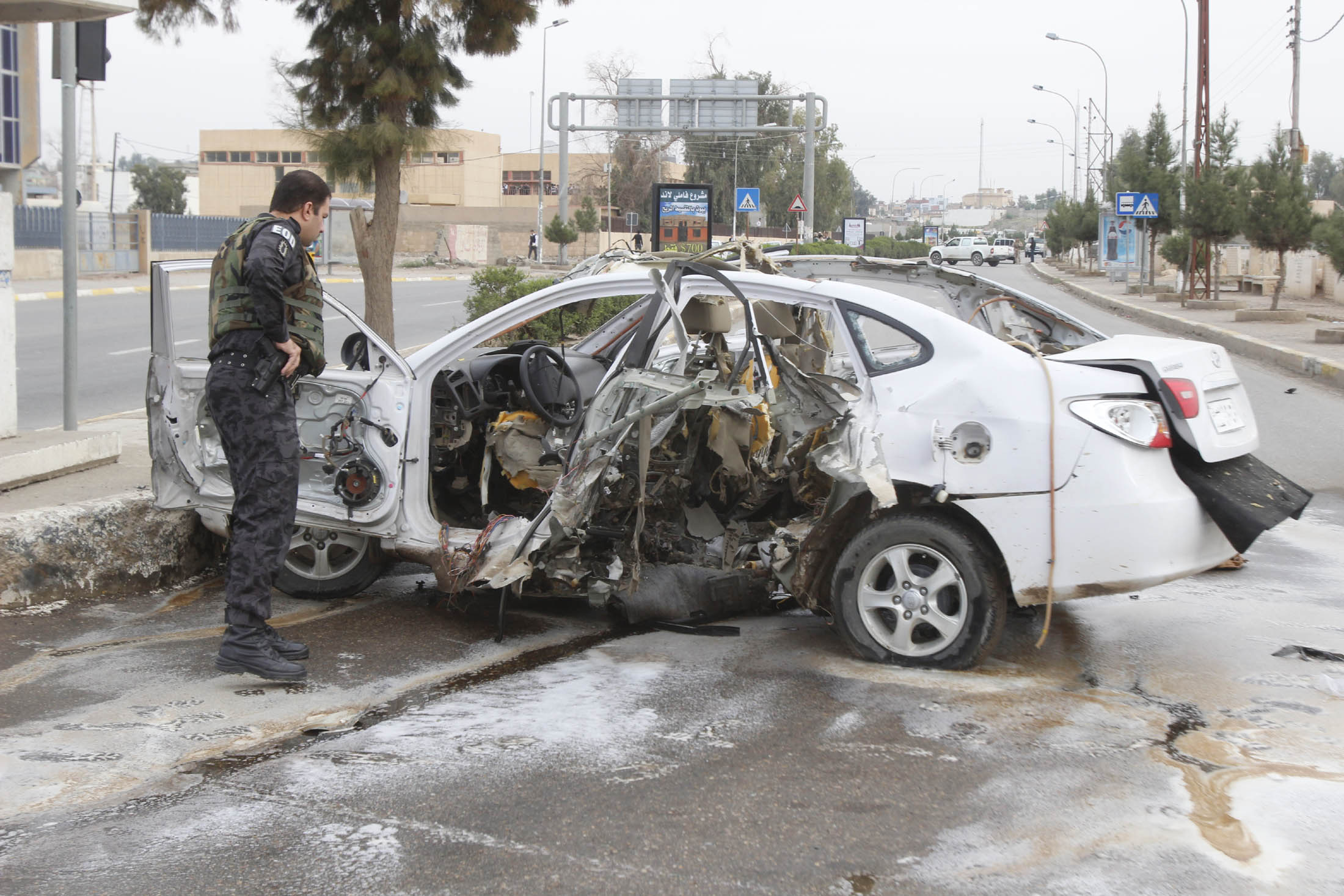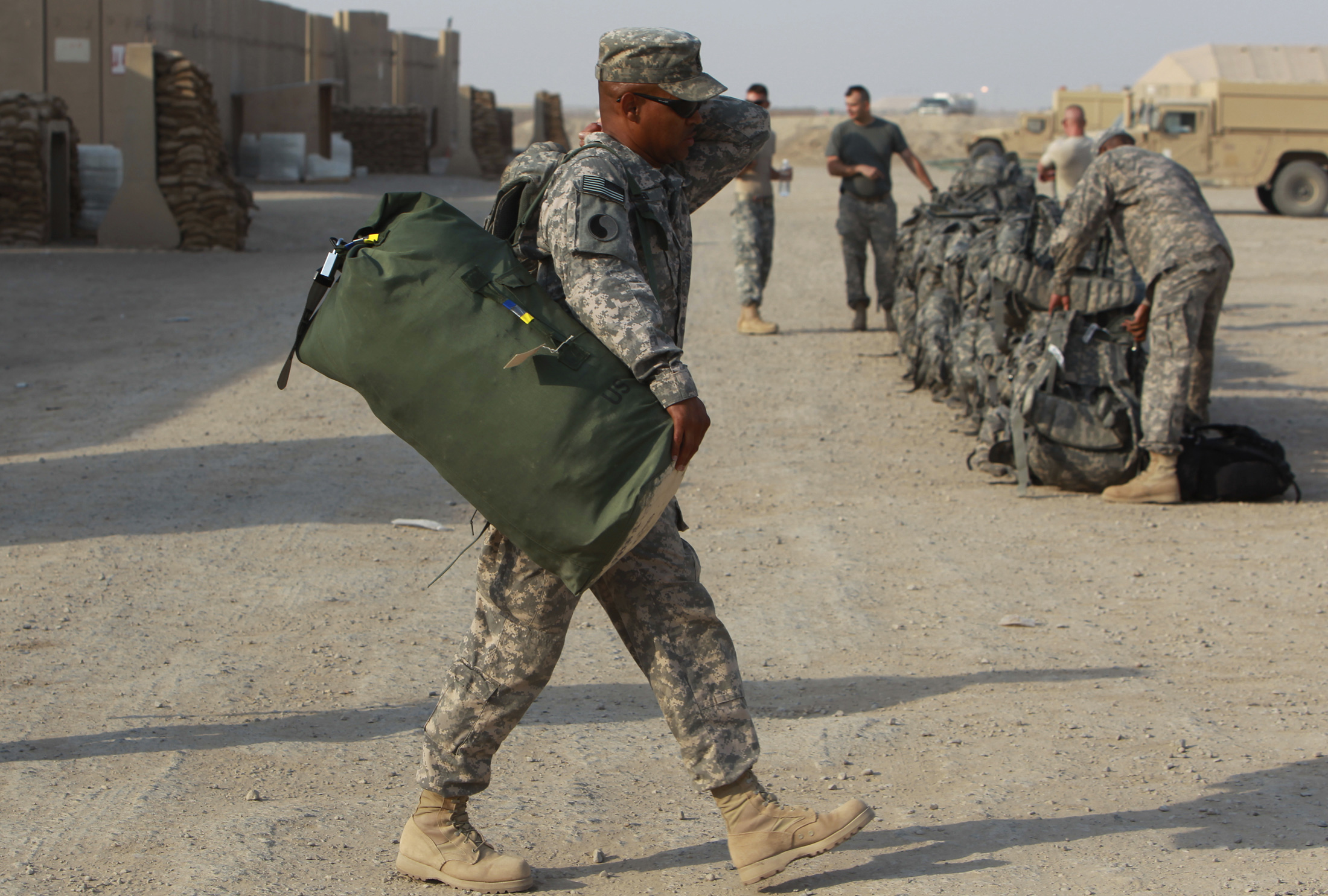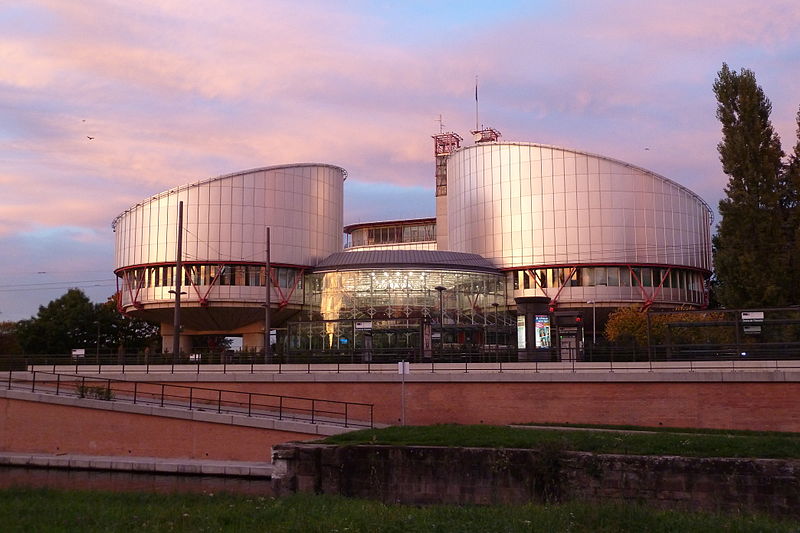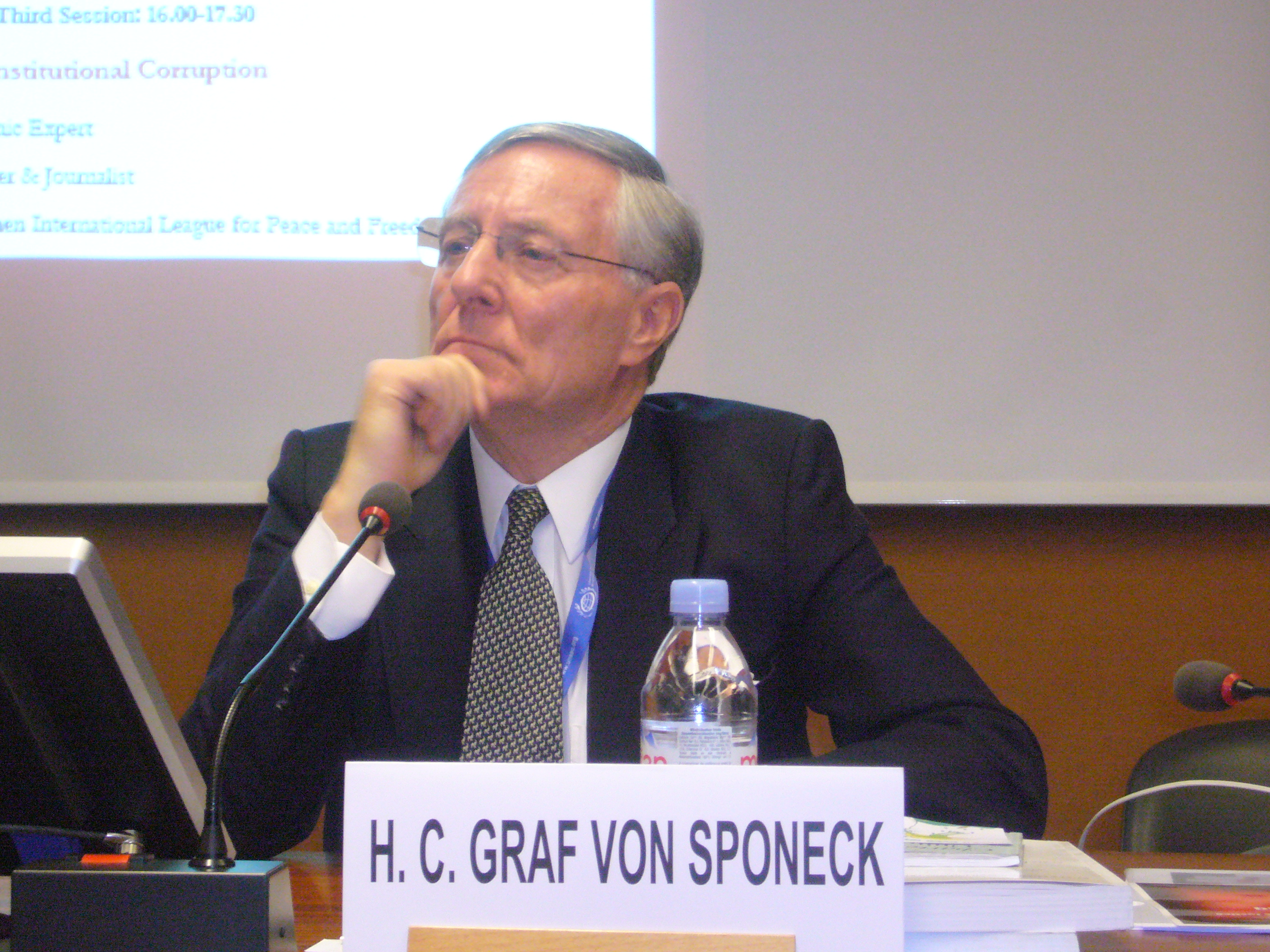Iraq ‘is our responsibility; we are all Iraqis’

Iraq has seen a massive escalation in violence since April 2013, when 50 people were killed by Iraqi security forces at a sit-in staged against Prime Minister Nuri al-Maliki in a city north of Baghdad. Iraqis in Switzerland are extremely concerned.
Around 6,000 Iraqis have been killed since the year began, including 950 in November alone, according to the Agence France Presse news agency, which bases its figures on security, military and medical sources.
Conditions in Iraq are dire, says Faeq al-Abboudi, an Iraqi painter who has been living in Lausanne for 10 years. “We see our people being killed as if they are worthless. We see our country being destroyed.”
“Frankly, it is our responsibility – we are all Iraqis,” he says.
Khalil al-Bayati, another Iraqi immigrant living in Solothurn, says the news coming from Iraq makes him “extremely sad”. He sees foreign interference in his country’s affairs as “the cause of killing and destruction in Iraq,” with the former regime collaborating with neighbouring countries “to prevent any stability in the situation there”.
Absence of the state
Despite the great distance, Iraqi immigrants in Switzerland are closely following developments in their home country.
Iraqi plastic artist Rashid Abbas, who lives in Vevey, told swissinfo.ch that he had just received news of the death of a well-known cleric in Fallujah who was “one of those who call for fighting sectarianism and schemes for dividing Iraq”.
Abbas added: “What saddens me is that there is no longer something called a state in Iraq… It has ceased to exist, and Iraq is now ruled by gangs, and a mafia controls each part of it.”
Khalil al-Bayati agreed, saying that “all parties and groups in Iraq are pursuing their own interests, and no one thinks about the interests of the country”.
Salah al-Bayati, the founding member of the Iraqi Social Centre in Switzerland and chairman of the “Ischtar” organisation, which operates in the field of education and provides legal advice, goes further, saying: “There are various international powers that employ Iraqi politicians, but the victim is the Iraqi people.”
Residents (to the end of October 2013): 5,159
Including
Holders of class C permits (unlimited residence): 2,533
Holders of class B permits (long-term residence, renewed annually): 2,625
Holders of class L permits (short-term residence): 4
Refugees and asylum seekers (to the end of November 2013): 2,143
Participants in the “Help for Return” programme: 243
(Source: Federal Migration Office – December 2013)
The need for a “just tyrant”
Although it is difficult to imagine that Iraq will emerge from its crisis anytime soon, some members of the Iraqi community in Switzerland believe that the emergence of a strong state that ensures the safety and security of its citizens is inevitable.
This suggests the need for a ruler with a strong fist, and it does not matter “which sect he belongs to or which area he is from, on condition that he loves the homeland and works towards its interests”, according to Khalil al-Bayati.
Abboudi says that even the apparatuses set up after the fall of Saddam Hussein “have clearly been proven to be bad and corrupt ones”. This means the Iraqi people have “no choice but to mount a strong uprising that would take the country out of its crisis and place power in the hands of a strong force that would put things in order.”
He believes the Arab peoples are still “not ready for democracy, and the experiences of the Arab Spring countries provide clear evidence of this”.
After the number of Iraqis living in Switzerland increased to more than 8,000, a need emerged for an umbrella organisation to offer support without any religious, sectarian or regional discrimination.
At the beginning of 2004, the Iraqi Social Centre was set up as a politically and religiously neutral non-profit association.
The centre announced that it sought to provide a free platform for dialogue and exchange of expertise in order to serve the Iraqi community living in Switzerland.
Among its most important goals were to boost friendship between its members and members of Swiss society, to develop relations between the Iraqi community and government departments and institutions interested in social integration issues, as well as to support solidarity between Iraqi women and Swiss women married to Iraqis.
Through the women’s group, the centre also provides advice and guidance to female newcomers, supporting their communication with the Swiss organisations concerned with immigration and foreigners’ affairs.
The association also organises symposia and lectures and holds cultural activities, social gatherings and language courses.
Split even abroad
It might have been possible for Iraqis outside Iraq to influence the situation or to help move things towards some solution, particularly as a large number of Iraqi intellectuals are scattered across the world. But they are immigrants living in distant countries, and they lack a centre that could form a nucleus for cooperation between them.
The sectarian divide has become a real dilemma that hinders any convergence or cooperation among the members of the immigrant community.
“Sometimes you think of suggesting an idea or a salvation plan,” says Abboudi, “but this party or that one comes forward and says you are with the regime or with the opposition, although the issue is in fact related to the fate of the country, not the ruling regime.”
This sectarian polarisation was clear in Switzerland, particularly when the US occupation of Iraq began in March 2003. But Salah al-Bayati, stressed that this phenomenon has become less marked with the passage of time.
“Some organisations that were fuelling this sectarian strife have turned into representative bodies of the ruling parties in Iraq,” he says. “But ordinary Iraqis who have no particular religious, ethnic or political orientation do not have any problems among themselves, and their social relationships function very well.”
Integration initiatives
Despite the current difficulties in Iraq, some associations for Iraqis living in Switzerland have achieved fairly good success, such as the Ischtar organisation, which was founded in the town of Baden in canton Aargau.
Since 2007, Ischtar has assisted Arabic and Kurdish speakers with legal issues, as well as integration and communication with Swiss society. The organisation also works to build bridges between Switzerland and the Arab countries, and teaches the German language to non-German speakers.
The group receives financial and moral assistance from Swiss civil society organisations, the government of canton Aargau, the Swiss Organisation for Assisting Immigrants, and the Integration Office of canton Zurich, Salah al-Bayati explained.
In addition, Ischtar cooperates with the National Alliance for the Building of Understanding at the cantonal level and with the Federal Commission against Racism for the implementation of projects in Iraq. The organisation is also working on a twinning project between the towns of Baden in Switzerland and Nasiriyah in Iraq, in order to help the education sector in Iraq and to shelter and care for orphans.
The Iraqi Social Centre was established in 2004. From the outset, its founders stressed that it is “a non-profit association, is politically and religiously neutral, and seeks to be a platform for dialogue and exchange of expertise between its members and Swiss society.”
This social institution – which provides festive and cultural activities and marks Iraqi and Swiss occasions – has significantly contributed to overcoming sectarian and political polarisation, and has made the unity of the homeland and belonging to Iraq its main goal.
(Translated from Arabic by Muhammad Shokry)

In compliance with the JTI standards
More: SWI swissinfo.ch certified by the Journalism Trust Initiative



You can find an overview of ongoing debates with our journalists here . Please join us!
If you want to start a conversation about a topic raised in this article or want to report factual errors, email us at english@swissinfo.ch.